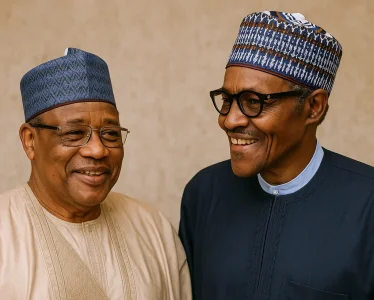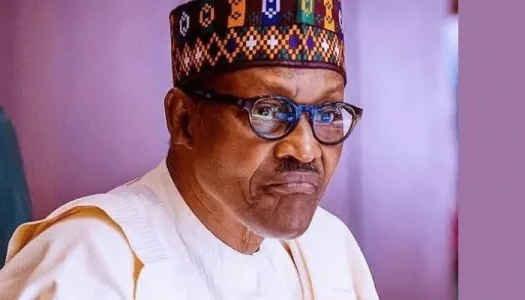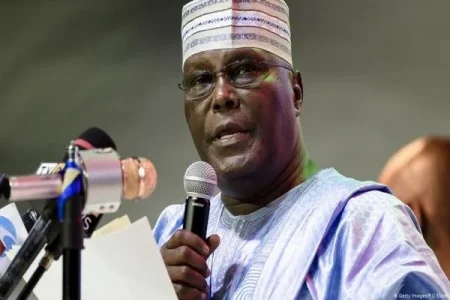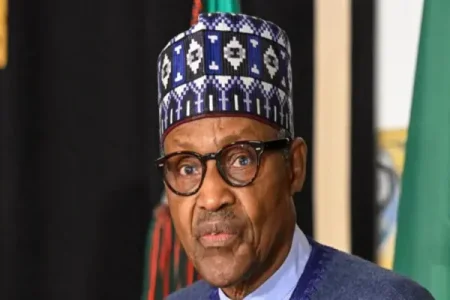
The Digest
With Muhammadu Buhari’s death in July 2025, Nigeria’s 1983 coup era narrows to two surviving leaders: Ibrahim Babangida and Mohammed Magoro. Buhari and Babangida’s relationship—once defined by rivalry, especially after Babangida’s 1985 coup ousted Buhari—has evolved into one of mutual respect and historical significance. Both men, who began as military colleagues in the 1960s, shaped Nigeria’s political trajectory through their contrasting leadership styles and pivotal decisions. Their shared legacy is now a lens through which Nigerians reflect on the nation’s journey from military rule to democracy.
Key Points
- Buhari and Babangida were central to the 1983 coup that ended Nigeria’s Second Republic.
- Babangida overthrew Buhari in 1985, citing Buhari’s rigid leadership as a catalyst.
- In later years, both leaders publicly downplayed animosity, emphasising mutual respect and patriotism.
- Buhari attributed his ouster to his uncompromising anti-corruption stance, often referencing Babangida’s pragmatic approach.
- Only Babangida and Magoro remain from the original Supreme Military Council; others, including Buhari, Idiagbon, Bali, Aikhomu, Alfa, Vatsa, and Abacha, have passed on.
- Their leadership styles—Buhari’s discipline vs. Babangida’s pragmatism—continue to spark debate on governance and national unity.
- The era’s legacy endures in ongoing discussions about military rule, democracy, and Nigeria’s evolving identity.
- How did Buhari and Babangida's rivalry and eventual reconciliation shape Nigeria’s political evolution?
- What lessons can be drawn from their contrasting approaches to leadership and governance?
- How will future generations interpret the legacies of these last witnesses to Nigeria’s 1983 coup?
Rivals Remembered, Legacy Endures
The Sources
- Premium Times
- Punch Nigeria
- BBC News Pidgin




